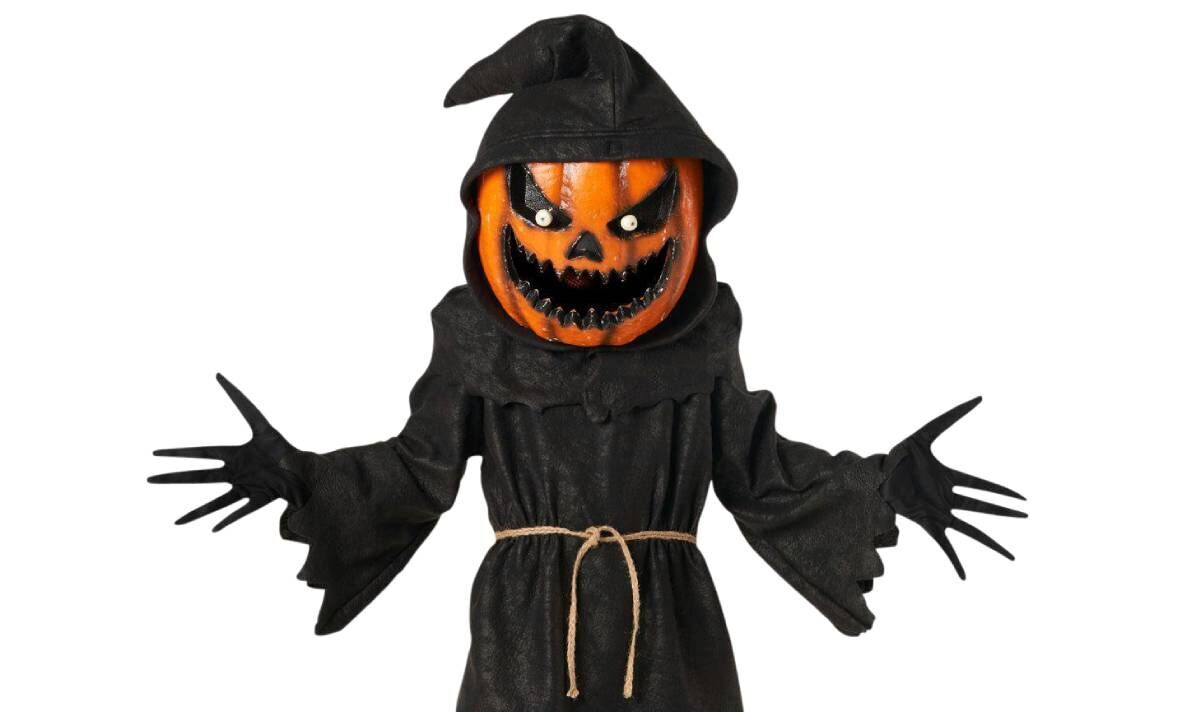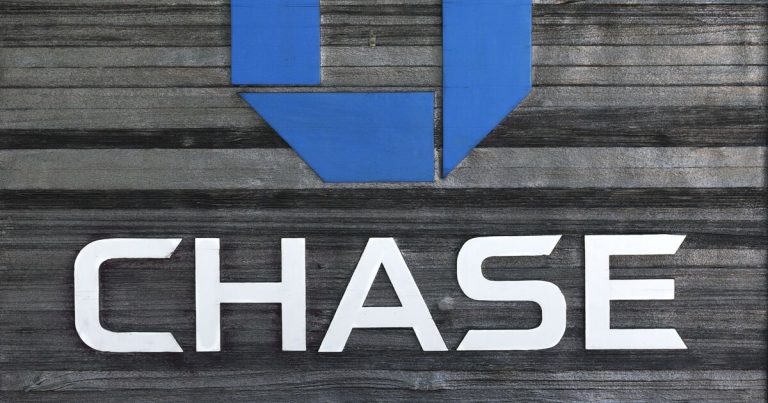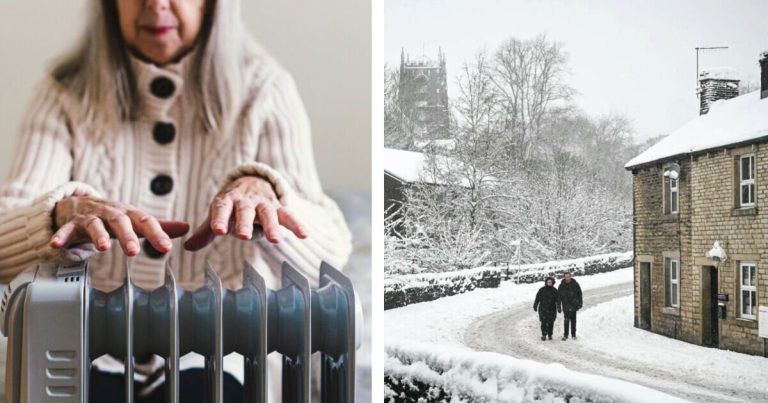
Terrifying grim reapers, garish pumpkin heads sporting sinister leers and spiky, not-to-be-messed-with witches top its latest leader board of ghoulish trends.
“Demand is for super scary and Gothic, dressing up has taken a very dark turn this year,” observes chief executive Fraser Smeaton who co-founded the business ((www.morphsuits.co.uk) as a side hustle with fellow Scotsmen, his brother Ali and their good friend Gregor Lawson, in 2009 after conceiving the spectacular all-in-one spandex Morphsuit.
Any prankster’s ultimate body-hugging fantasy, “our products make our customers’ best times even better,” say the trio who first put in £3,000 for stock, built a website, applied their blue chip corporate experience, and slapped their website branding on every outfit’s rear leaving no one in doubt about what they were about.
In 2012 they secured a game-changing £4.2 million investment from the Business Growth Fund and although demand then wobbled a bit, the business got back in the party fast lane post-2015, maximising the opportunities offered by social media and ecommerce.
Morphing into MorphCostumes to reflect its broader choice of ranges for kids and grown-ups, these now feature versions of classic themes such as ninjas, skeletons and hippies along with Christmas, festivals.
Morph itself is especially pleased with its glow-in-the-dark outfits, that come across strongly in photos.
Selling directly to consumers through Amazon’s marketplace has been another transformative move and in 2019 it acquired rival Funshack. Now its £45million turnover this year is targeting £60million in 2024/25.
Designed in-house, the company (parent name AFG Media) is based in Edinburgh and employs 62 staff both domestically and overseas with thousands more indirectly through its supply chain.
“Previous business experience taught us how to test quickly and cheaply and then build on that or ditch without sentiment,” explains Smeaton.
“We’re really pleased with how we turned the business around in 2015 and we used the time during the pandemic to rethink our processes and be ready when demand returned.”
Keen to point out that for all its success Morph is still relatively small with much to play for in market terms, he adds:
“We have 1,000 designs while some of the biggest costume companies have 10,000 and that’s what we are aiming for.
“We constantly use data to improve our product development and marketing. That’s our usp. The more products we have the more customer demand we can meet.
“It also generates economies of scale because we can sell accessories with the main costumes. Acquiring other costume companies with great products then applying our effective distribution accelerates our development.
“The Business Growth Fund backing made a tremendous difference and this combined with bank debt and reinvesting our profits has been sufficient to finance our growth to this point. Now we see a big opportunity to grow even faster and we are starting to have conversations with investors who are interested in supporting that.”
Licensing however is less attractive to the business whose strong suit is originality and “too much of gamble”, says Smeaton.
One major challenge though for Morph is sustainability and recycled material is used in some parts of the costumes. The majority of its products are made in China, where its factories, all vetted, are able to handle the key extras such as buttons, zips and trims.
However with supply chain security now a major consideration, it is also diversifying into Mexico and Vietnam. And as demand – rightly – grows for recycled and recyclable fabrics too that puts upward pressure on supplies and costs.
Customers come from all over the world, especially the US where Halloween is huge. But from special occasions and sports events to stag and hen dos, the UK does seem particularly partial to horsing around in fancy dress.
“In other countries fancy dressing is more formal and tied to a specific date,” observes Smeaton, “but here the demand is all year round.”
www.morphsuits.co.uk







